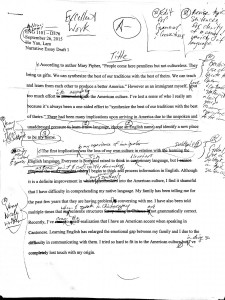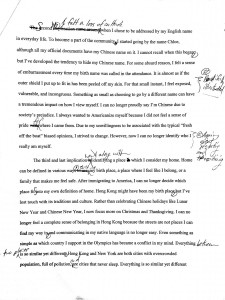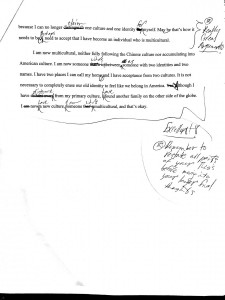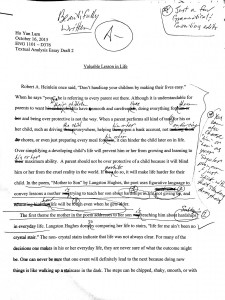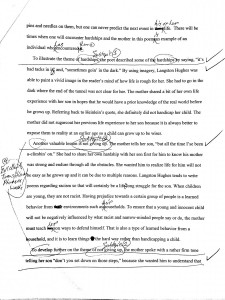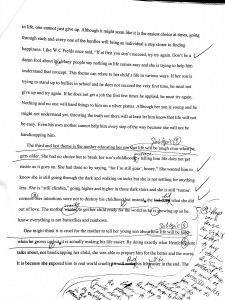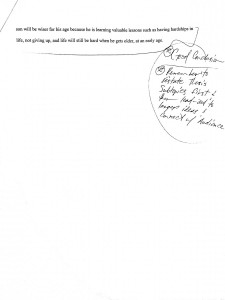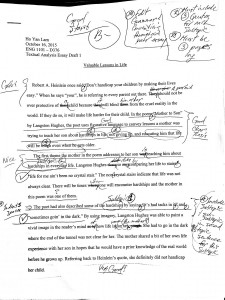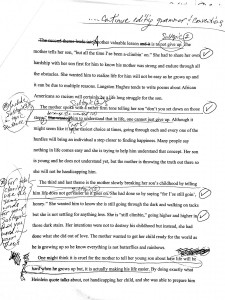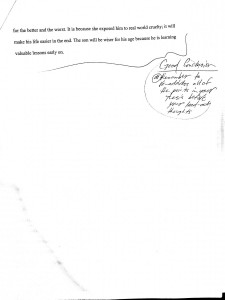Ho Yan Lam
English 1101
November 25, 2015
Summary of Research Documentary Film
The documentary, “The Cave of Forgotten Dreams”, by Werner Herzog touches on the different areas represented in the cave. Throughout the film, it connects different aspects of the cave to our world today such as the flute, drawings, and the footprints left behind. When scientists discovered the flute, it functions the same as ours today. Although it was something that was invented more than 30 thousand years ago, people’s creative mind is still similar. Another area represented in the cave was religion that was portrayed through art and small statue. Throughout the cave, a women without a head was found. There were other weird figures that were put at the entrance of the cave. Scientist believe it was a superstition of the people back then, like how many people in the world believe in a god today. They must’ve worship an animal or human. The last aspect discussed in the documentary was the footprints left behind in the cave. There was this specific scene where they found footprint of a boy next to a wolf. This remains a mystery today as to how they got along and interacted but it is similar to how to tame different animals, I’m assuming. This documentary touches on the different life style and art work found in the cave and was able to connect to our world today. They communicated through art, just like how we communicate through camera and films today.

